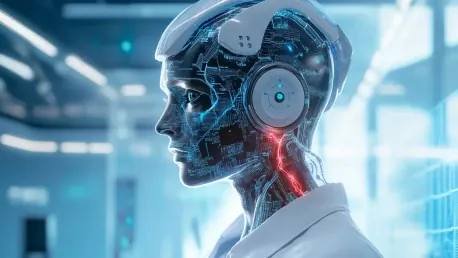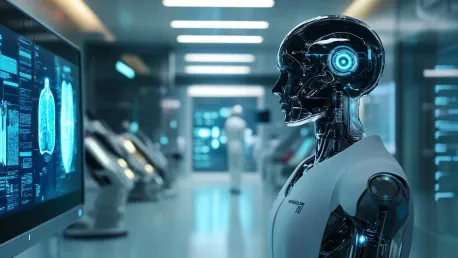
The healthcare industry is on the brink of a digital revolution, with agentic artificial intelligence (AI) promising to transform how medical professionals manage their daily administrative tasks. This article explores the integration, deployment, and trust-building measures of agentic AI that aim

The rapid advancements in artificial intelligence (AI) are transforming the healthcare sector in unprecedented ways. However, there is growing concern that this technological progress could exacerbate the digital divide between well-resourced and under-resourced healthcare providers. Yet, this fear

I have the pleasure of speaking with James Maitland, an expert in robotics and IoT applications in medicine. Today, we will discuss COTA Healthcare's recent breakthrough in using generative AI for real-world oncology data (RWD) abstraction. How would you describe the major breakthrough that

Salesforce has recently unveiled a groundbreaking suite of prebuilt artificial intelligence (AI) tools specifically designed for the healthcare sector, named Agentforce for Health. This innovative development aims to transform the way healthcare providers, payers, and related companies handle

The Coalition for Health AI (CHAI) has introduced a groundbreaking registry designed to streamline the adoption of artificial intelligence (AI) in the healthcare industry. This new model card registry is set to revolutionize how hospitals and developers access and share information about AI tools.

Artificial Intelligence (AI) in healthcare has been a topic of much debate and excitement. As technology continues to advance, its applications in clinical medicine are becoming more prominent. However, the question remains: Is AI the future of clinical medicine or just a passing trend? This